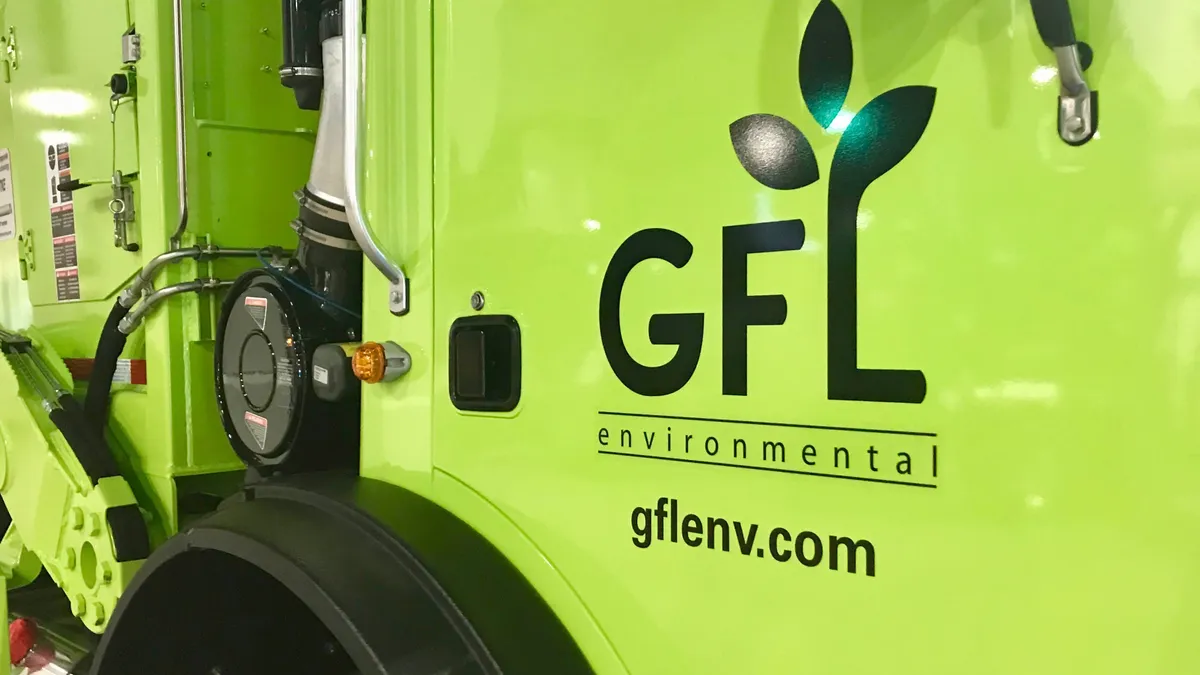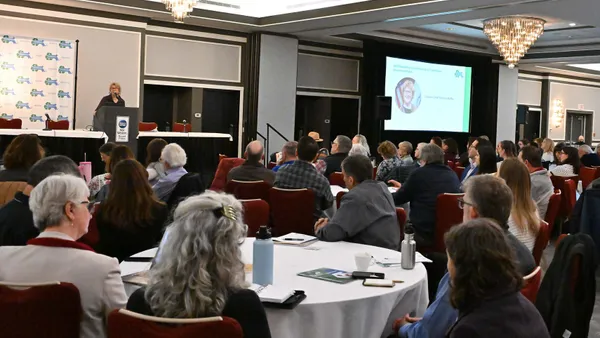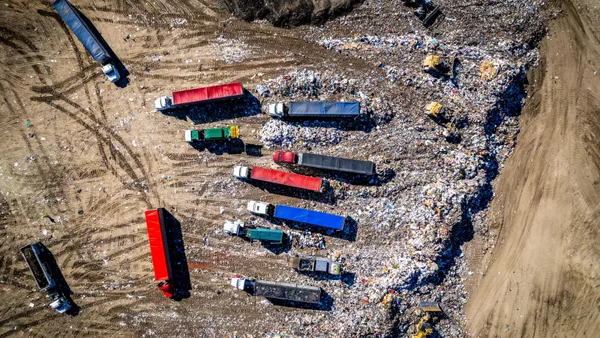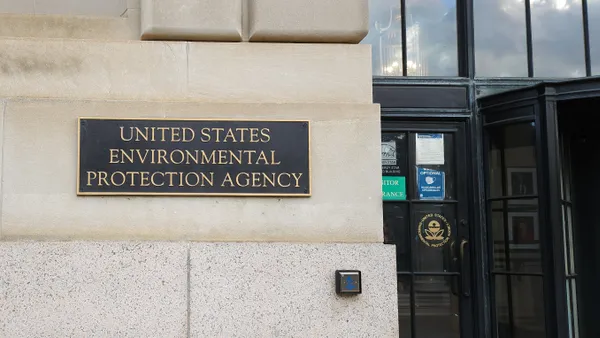Dive Brief:
- Waste Industries, a GFL Environmental subsidiary, recently paid more than $15 million to settle years-running litigation over a Tennessee landfill. This includes $7 million for any remaining host fees and $8 million for outstanding expert fees and litigation costs. The November 2019 settlement is part of ongoing legal issues GFL is working through after its 2018 acquisition of the company.
- Obtained by Waste Dive through a public records request, the settlement between Waste Industries and Decatur County marks a resolution over the Decatur County Landfill in Bath Springs. Under the settlement, Waste Industries is also required to increase its performance bond posted with the Tennessee Department of Environment and Conservation (TDEC) to $20 million.
- The settlement includes an agreement to "forever cease all recirculation of leachate," construct a gas capture system, and construct a system to capture underdrain for treatment as leachate. GFL also agreed to stop taking all special waste and non-county waste. The site will stop taking county waste once a new transfer station is built at GFL's expense.
Dive Insight:
While the Canadian company's acquisition of Waste Industries marked a significant expansion, it has also come with expensive downsides. GFL has spent millions in multiple states to settle litigation stemming from acquired landfill operations in the time since, although the company has previously described that situation as par for the course. Those cases include a lawsuit in North Carolina over the South Wake Landfill, resolved in February through a $950,000 settlement and $1.2 million investment in odor reduction equipment.
GFL did not respond to a request for comment on the Tennessee settlement.
The Decatur County case stems from a dispute between community members and Waste Industries going back two decades. That landfill took in special wastes including smelting waste, creating toxic leachate that ultimately killed bacteria at a local wastewater treatment plant and sparked higher costs. Waste Industries sued the county in 2017, resulting in considerable legal back-and-forth and a counterclaim by the county.
November's settlement is the result of that litigation and is notable not only for its final dollar amount but also for the other agreements included in the deal. Decatur County Mayor Mike Creasy told Waste Dive the final agreements marked a conclusion to "one of the most significant issues that could ever face" the area.
Tennessee Aluminum Processors, Inc. (TAP) and Smelter Service Corporation (SSC) were also parties to the suit, while GFL is separate from the "settling parties" due to the nature of its participation after acquiring Waste Industries. Under the settlement, Waste Industries is responsible for all costs relating to closure, post-closure and remaining operations for the county-owned landfill. Receipt of all special waste and all other non-county waste ended 15 and 90 days, respectively, after the settlement was reached.
County waste, meanwhile, is subject to strict parameters. Construction of a transfer station will commence operation within one year of the agreement. The company must bear the sole cost and expense of hauling and disposing up to 50 tons per day from the county, through March 2026. That tonnage will increase annually based on population growth. Waste Industries was also given 30 days to provide the county with closure and post-closure plans, with another 60 days given following approval to commence closure.
Within 30 days, the settlement also increased the performance bond posted with TDEC to $20 million. Performance bonds are meant to ensure contracts are completed in accordance with terms and conditions of contracts, with obligation for final payment falling on the principal.
Sources familiar with the settlement have emphasized its scope and Creasy, the mayor, emphasized the agreement as beneficial for the county.
"In the end, the settlement was a positive impact for us, and [Waste Industries and GFL] stepped up and did the right thing," said Creasy. "Even though we closed our landfill, Waste Industries’ contractual obligations of closing and post-closure for future years is their responsibility and indemnifies Decatur County."












